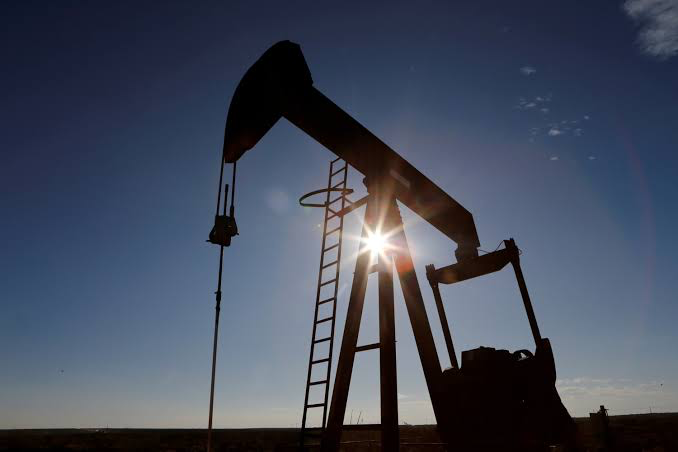KEY POINTS
- OPEC+ intends to increase output in December while maintaining its current oil output policy.
- Emphasis on compliance from members like Iraq and Kazakhstan.
- Next JMMC meeting to assess compliance slated for December 1.
The ministers of OPEC+ have opted to maintain the status quo on oil output and have reiterated their intention to start increasing production in December as scheduled.
The Joint Ministerial Monitoring Committee (JMMC), which is composed of important ministers from major oil-producing nations including Saudi Arabia, Russia, and others, stressed the necessity of complete compliance by member nations in order to preserve market stability.
OPEC+ will maintain its current output policy.
At its virtual meeting on Wednesday, the JMMC emphasized how crucial it is to get “full conformity and compensation” from its members. According to Reuters, this message was directed at nations that haven’t consistently met their output cut targets, including Kazakhstan and Iraq.
Due to worries about noncompliance, the committee emphasized that these nations need to fulfill their commitments to reduce compensation, notably the September reduction of 123,000 barrels per day (bpd) to offset previous overproduction.
September saw a recent decline in oil prices below $70 per barrel, the lowest level since 2021; however, they have subsequently rebounded above $75. Fears of potential disruptions brought on by the Middle East’s increasing tensions affected market mood.
December production increase subject to conformance
OPEC+ is now reducing output by 5.86 million barrels per day, or around 5.7 percent of the world’s total oil consumption. These reductions are part of a larger plan that has been in place since late 2022 to stabilize the market. In December, the organization hopes to boost production by 180,000 bpd, but that rise is contingent upon all members complying.
Iraq, Kazakhstan, and Russia confirmed at the latest conference that they had followed through on their September commitments to make the reduction.
However, secondary sources like independent consultancies and price reporting agencies that OPEC+ uses to gauge member production levels may verify their compliance. It is anticipated that this verification will be finished by the second week of October.
Should non-compliance persist, the voluntary reductions may be lifted sooner rather than later, leading to an even earlier increase in production by Saudi Arabia and other nations. Analysts, such as Helima Croft of RBC Capital, proposed that the voluntary reduction might be reversed more quickly if compliance goals are not reached.
The next meeting is set for December.
The JMMC has the power to suggest changes to policy to the wider OPEC+ group and meets every two months on average. The next JMMC meeting is set for December 1, right before OPEC+’s general assembly.
The group’s production management efforts coincide with the recent volatility in oil prices, which have been caused by shifting geopolitical dynamics and economic uncertainty.
In order to keep OPEC+ in control of the output plan and stabilize the market and oil prices globally, compliance with production cuts must be maintained.



